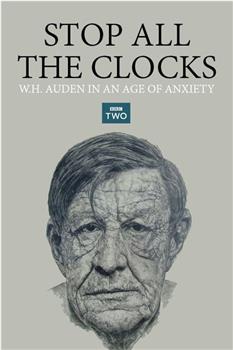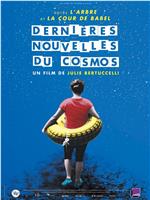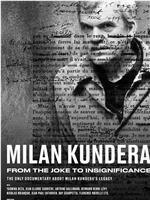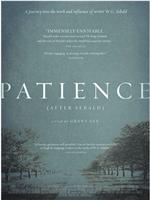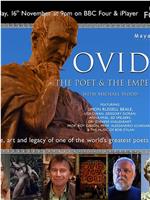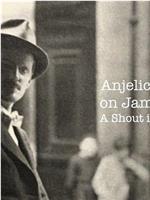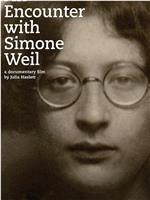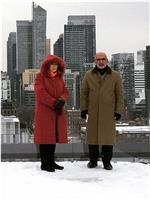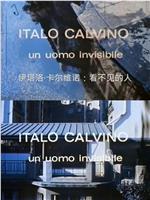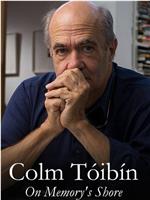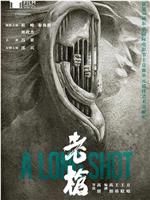《停止所有时钟:焦虑时代中的W.H.奥登》下载资源
《停止所有时钟:焦虑时代中的W.H.奥登》相关推荐
《停止所有时钟:焦虑时代中的W.H.奥登》停止所有时钟:焦虑时代中的W.H.奥登》剧情内容介绍
《停止所有时钟:焦虑时代中的W.H.奥登》
剧情内容介绍
停止所有时钟:焦虑时代中的W.H.奥登原名:Stop All the Clocks: WH Auden in an Age of Anxiety,
WH Auden In A New Age Of Anxiety examines why Auden's poetry still shines through in the 21st century. Thirty years after his *** film The Auden Landscape, director Adam Low returns to the poet and his work. Following surges of popularity - from featuring in **** Weddings And A Funeral to being the poet New Yorkers turned to after 9/11 - Low reveals how Auden's poetry helps us ...
《停止所有时钟:焦虑时代中的W.H.奥登》评价
**建筑师 2017-10-04
一直就想知道他和Isherwood有木有**............................................
Variations 2018-10-27
"If you ask what the function of writing is, I would first say what Doctor Jonhson said: the aim of writing is to enable readers a little better to enjoy life or a little better to endure it. And then the arts are a chief means of communication with the dead. And I personally think without communication with the dead a fuller human life is not possible."
野次馬 2021-04-03
秋师的特邀前言! “如果你问我写作的功能是什么,我会首先像约翰逊博士一样回答你:写作的目的是让读者更好地享受生活,或更好地忍受它。”
censored dump 2021-04-13
奥登纪录片,从911**挖掘出了诗人的预言性(在纽约写的“1939年9月1日”,我们必须相爱或者死亡就出自这首诗),或者说历史的重复性(那些为**所害的人 / 必会以恶相报),奥登对“人类文明脆弱处”的洞察,和他跨文化中激发的语言活力,使他的诗既新鲜又耐读,《四个婚礼》中用了《葬礼蓝调》(你是我的东南西北啊),其实Before Sunrise里也用了他的诗。战争和爱情,批判和抒情,电报和狮子,都可以找到他。20世纪虽然灾难*仍,但从大师角度看,真是风云际会,比如伯恩斯坦的第二交响曲灵感来自奥登长诗《焦虑岁月》(两人性取向也像),斯特拉文斯基还委托奥登写了歌剧《浪子的历程》,更不用提奥登晚年向阿伦特求婚,或者让布罗茨基觉得垫辞典够格这些茬。听到他说“没有与逝者交流的人生是不完整的”,有点泪目。
moondust 2023-11-15
关于个体的爱,和**印记。都在诗里,都在他的脑海里。
扎伊爾 2023-07-17
很久没有读奥登了 但明明身体的深渊和琐碎缝隙中都有他 “He puts human experience in context so it’s easier to comprehend.”
小飞侠 2022-10-20
焦虑的时候适合读读Auden的诗。“Life remains a blessing/Although you cannot bless.”
D 2023-01-30
之前就看了一遍,但是完全没印象了。奥登年轻时写的爱情诗中渴望被爱并且无法确切地保存这份爱可以被放到母的行列了,王尔德,桑德海姆,再就是*姆,《The **** ****** One》第二节最后两行“If equal affection cannot be, Let the **** ****** one be me” so beautiful.
马人 2024-01-03
他试图给我们信心,好让我们更好地忍受 💙 You shall love your crooked neighbour / with your crooked heart
吴迪安 2022-06-21
「 If equal affection cannot be, let the **** ****** one be me.」「Those to whom evil is done, do evil in return.」
